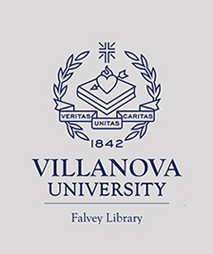Complexity: A Rationale for the University
##plugins.themes.bihistory.article.main##
Abstract
Complexity provides a unifying theme that responds to fundamental questions about the emergent structure of the universe as well as human nature. It offers an intellectual framework for disciplines throughout universities. It structures a universe of knowledge across natural sciences, social sciences, and the humanities – from quarks to global societies and human fascination with inter-galactic relations. Ideas of complexity begin with its unidirectional emergence from the big bang to us now. The idea is developed by its multidirectional emergence that includes narratives from the big bang to planets, galaxies, and life forms other than our own. Furthermore, complexity often entails stasis, with levels of complexity remaining as they are, reversing to simpler levels, or all or parts of nature ending altogether. Speculations about multiple universes lead to an idea of infinite complexity.
##plugins.themes.bighistory.article.details##

This work is licensed under a Creative Commons Attribution 4.0 International License.
Authors who publish with this journal agree to the following terms:- Authors retain copyright and grant the journal right of first publication with the work simultaneously licensed under a Creative Commons Attribution License that allows others to share the work with an acknowledgement of the work's authorship and initial publication in this journal.
- Authors are able to enter into separate, additional contractual arrangements for the non-exclusive distribution of the journal's published version of the work (e.g., post it to an institutional repository or publish it in a book), with an acknowledgement of its initial publication in this journal.
- Authors are permitted and encouraged to post their work online (e.g., in institutional repositories or on their website) prior to and during the submission process, as it can lead to productive exchanges, as well as earlier and greater citation of published work (See The Effect of Open Access).



